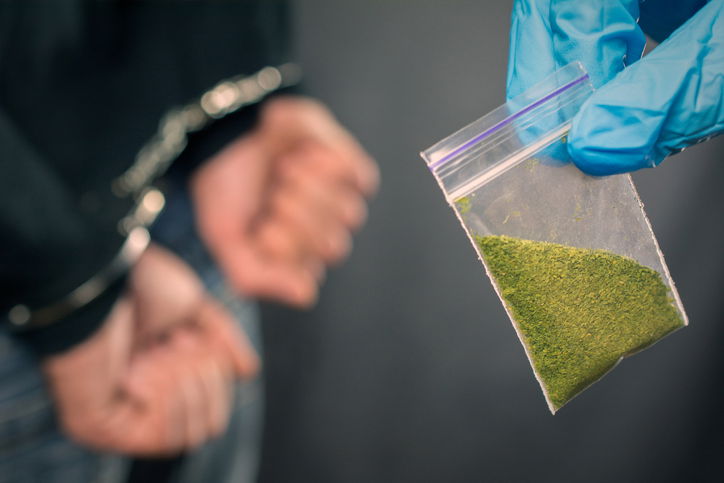The latest available FBI data indicates that despite a growing movement to legalize or decriminalize marijuana, people are still being arrested for marijuana-related infractions. According to Forbes, 227,108 arrests were made, but this number may be inaccurate because law enforcement agencies often fail to report their data to the FBI.
Paul Armentano, deputy director of NORML, an organization that advocates for the reform of marijuana laws, told Forbes, “At a time when voters and their elected officials nationwide are re-evaluating state and federal marijuana policies, it is inconceivable that government agencies are unable to produce more explicit data on the estimated costs and scope of marijuana prohibition in America.”
The data does not break down the arrests by race or ethnicity, but a May 2023 working paper from the Center For Health Economics And Policy Studies at San Diego State University suggests that laws that decriminalize cannabis have had a positive effect on the historically racially biased arrests of Black people for marijuana-related offenses. “The magnitudes of our estimated marijuana arrest declines suggest that RML adoption results in approximately 3,800 fewer marijuana arrests per treatment state-year for Black adults and about 12,600 fewer arrests per treatment state-year for White adults.”
Following the introduction of the Senate’s Cannabis Administration and Opportunity Act by Senate Majority Leader Chuck Schumer, Senator Cory Booker, and Senator Ron Wyden in July 2022, the ACLU released a statement, “If you want to know what systemic racism is, look no further than the war on drugs and marijuana enforcement — a Black person is 3.64 times more likely to be arrested for marijuana possession than a white person, even though Black and white people use marijuana at similar rates. As a result, people of color unevenly bear the burdens of a marijuana conviction, which persist after the sentence has been served and include bars to securing housing, employment, education, and public benefits.”
The numbers suggest a slight decline from those released in 2022, which is likely a net positive for Black people in America, even given the lack of accurate reporting. According to Forbes, cannabis reform will next appear on the ballot in Ohio, where voters will be allowed to choose if it will be decriminalized in their state.
RELATED CONTENT: CANNABIS LEGALIZATION SHOULD BENEFIT PEOPLE, NOT BOTTOM LINES
